Every Battle Is Won Before It’s Fought: The Fractal Power of Left of Bang
“We won last night when we marched through the swamp.”
That’s how
, Marine, co-author of Left of Bang, and founder of describes true situational dominance. Not in the firefight. Not in the PowerPoint. But long before the first trigger pull, the first earnings miss, or the first reputational flare-up. The battle is decided in the dark, in the mud, in the patterns others refuse to see.In this episode of No Way Out, Van Horne joined us to dissect Left of Bang not as a military book, but as a fractal doctrine of anticipatory power. What began as a battlefield manual is now an executive edge, a market advantage, and a cognitive shield. In an age saturated with lagging indicators, Left of Bang gives you lead time, and that means leverage.
What Is Bang—and Why You Never Want to Be on the Wrong Side of It
Bang is the IED.1
Bang is the mass shooting.
Bang is the quarterly earnings bomb, the viral takedown, the tech disruption, the lawsuit, and the public relations crises of damaged reputation and lost trust.
Bang is whatever forces you to react.
Van Horne lays out the Combat Hunter origin story: Marines were getting hit by threats they couldn’t see coming. General James Mattis called that unacceptable. The result? A new way to reorient, and dominate, starting with one question:
What’s normal here?
If you can define the baseline, you can detect the anomaly.
If you can detect the anomaly, you can act before it becomes a crisis.
That core principle transcends the battlefield. As Ponch put it during the show: “This is third-level situational awareness. It’s anticipatory thinking.” And it’s the difference between collapse and growth.
Fractal Application: From Manhattan to Markets, from PR to Policing
Mark walked through how he’s used Left of Bang to navigate Manhattan with kids in tow, and also to help portfolio managers spot geopolitical fractures before markets implode. Because Left of Bang isn’t just a tactical asset. It’sa strategic reframe.
For executives, it’s defining the decisions that matter and mapping the watch points that signal when to act.
For PR pros, it’s not waiting until the headline hits, it’s engineering relationships and narratives before the storm.
For investors, it’s decoding atmospherics and spotting the mismatch that turns a bad quarter into an existential threat.
For educators, coaches, and cops, it’s building the human sensor network—training people to observe what’s missing, not just what’s present.
The trick isn’t reacting faster. It’s needing to react less. That’s Left of Bang.
Against Bureaucracy, Against Delay: The Guardians of Decay Hate This Book
One thing became clear: the Left of Bang mindset threatens institutional inertia.
When Patrick and Jason Riley were writing the book, they weren’t lauded by senior brass. They were captains, too junior to be “trusted” by the system, yet too close to reality to be ignored. The resistance they met from within the bureaucracy mirrors what The Whirl calls the Guardians of Decay: those who defend collapse disguised as tradition.
Everyone’s “doing it,” they say.
“This is common sense.”
No, this is unarticulated sense, and Left of Bang gives it language, system, and transferability.
That’s why it remains on the Commandant’s Reading List. That’s why it’s in corporate boardrooms, classrooms, and war rooms. Because what once was instinct is now doctrine.
The Left of Bang ↔ OODA Loop Fusion
This episode also tore through the lazy distortions of John Boyd’s work. Ponch and Mark didn’t hold back.
OODA is not a circle. It’s a dynamic architecture of reorientation.
Left of Bang slots directly into the Orientation nexus where cognitive velocity, not raw speed, determines advantage.
The goal is not just speed, it’s precision in the face of entropy.
The objective is not just control, it’s adaptability in a shifting world.
The result? An organization that doesn’t need to “rally” during crisis—because it never left position. It was already on the high ground. Like the Roman general in the swamp, it won before the sun came up.
Crisis as Pattern: How the Best Grow from Bang
Van Horne mapped out three organizational archetypes:
Collapse – Hit by bang, unable to recover.
Survive – Hit by bang, stagnate below previous level.
Advance – Hit by bang, adapt, and ascend.
Sound familiar? Think COVID. Some firms crumbled. Some treaded water. A few, Amazon, Shopify, certain hedge funds, grew stronger through the chaos.
It wasn’t luck. It was preparation.
And that preparation was left of bang.
Teaching Orientation, Scaling Judgment
Van Horne reinforced what we hammer in The Whirl: orientation isn’t talent, it’s teachable. Left of Bang breaks down what intuitive people “just know” and gives it to everyone.
The endgame?
Decentralized teams. Pattern-detection at the edge. Faster adaptation.
Small units with strategic reach. This is Boyd’s sacred geometry. It’s why Left of Bang is a must-read for anyone building anti-fragile institutions.
The Warning
What if your competitors understand this and you don’t?
That’s the fatal question. Dismiss the book if you want. Pretend you “already know” this. But if someone else on your flank is operating with this logic, and you aren’t, you’re not left of bang. You’re in the blast radius.
Read It. Before They Do.
Pick up Left of Bang. Read it in a day. Rewire your mental model in a week. Apply it across a lifetime. And if you want the living system that goes with it, visit Patrick’s Substack or cp-journal.com for tools, training, and truth.
🎙️ Listen to the full No Way Out episode now.
Because, as we often say, and Van Horne reminds us:
You can’t just survive complexity. You have to outmaneuver it.
FULL EPISODE ON YOUTUBE:
Improvised Explosive Device



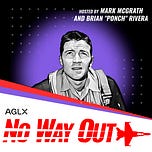

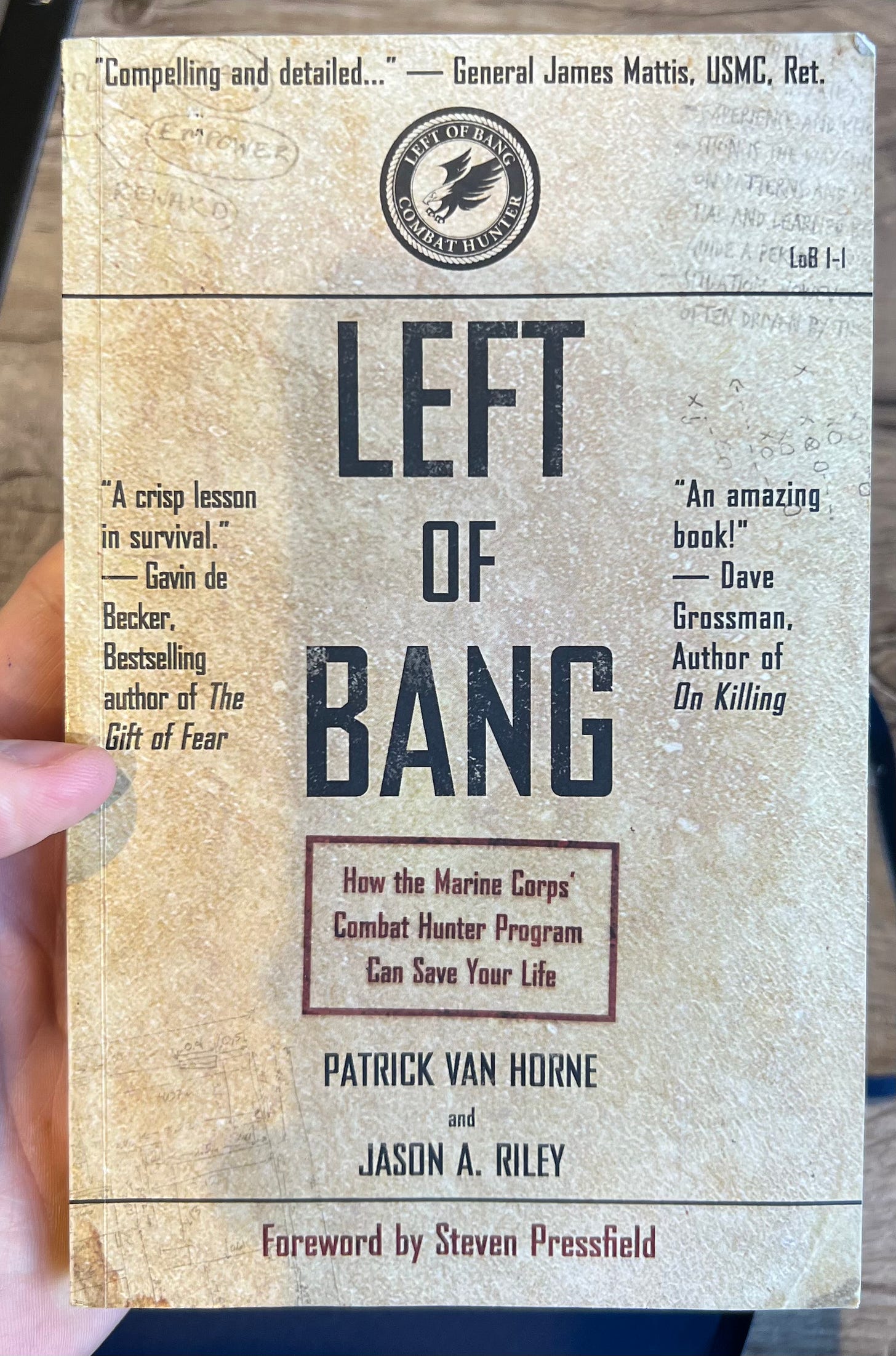






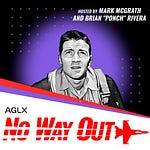
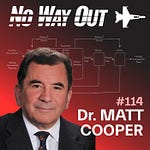
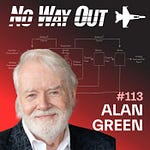

Share this post